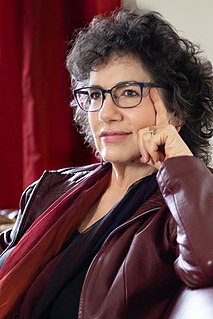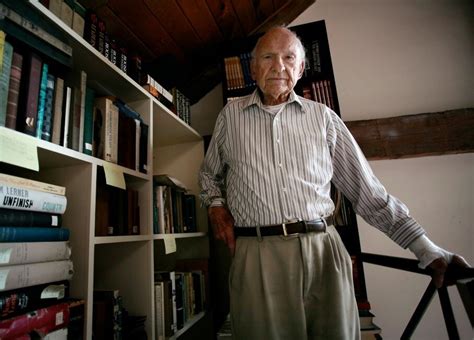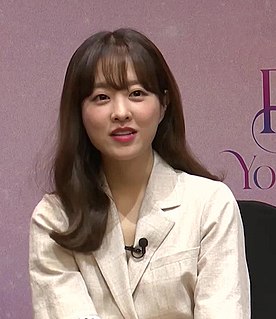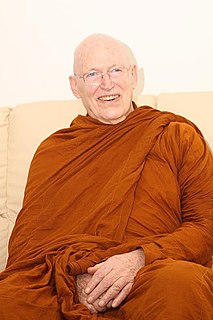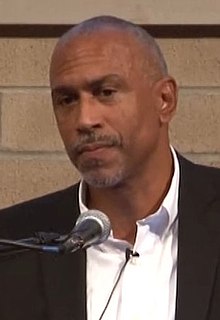A Quote by Howard Gardner
Students should learn about the long-standing values of truth, beauty, and goodness, think hard about them, and interrogate them skillfully.
Related Quotes
In the most general terms, the Enlightenment goes back to Plato's belief that truth and beauty and goodness are connected; that truth and beauty, disseminated widely, will sooner or later lead to goodness. (While we're making at effort at truth and goodness, beauty reminds us what we're hold out for.)
Most of the things I'm talking about are essential human rights. I don't think it should be political to say that children should be able to have lunch at school when their families can't afford to feed them properly, or to say women should have access to basic health care, or that Muslims deserve equal protection under the law, or police shouldn't be killing black people and getting away with it - it shouldn't be a political thing to say. A lot of people on the right standing behind Christian values should be standing with us, because equality is a basic tenet of Christianity.
God who is goodness and truth is also beauty. It is this innate human and divine longing, found in the company of goodness and truth, that is able to recognize and leap up at beauty and rejoice and know that all is beautiful, that there is not one speck of beauty under the sun that does not mirror back the beauty of God.
Teachers can be a living example to their students. Not that teachers should look for students to idealize them. One who is worth idealizing does not care whether others idealize them or not. Everyone needs to see that you not only teach human values but you live them. It is unavoidable sometimes you will be idealized -- it is better for children to have a role model, or goal, because then the worshipful quality in them can dawn.
"Teachers"... treat students neither coercively nor instrumentally but as joint seekers of truth and of mutual actualization. They help students define moral values not by imposing their own moralities on them but by positing situations that pose hard moral choices and then encouraging conflict and debate. They seek to help students rise to higher stages of moral reasoning and hence to higher levels of principled judgment.
I think we all have the same spirituality deep inside and we grow to learn more about it all the time, and we try very hard to become better people as we grow. We search all the time for the truth. We learn more about the world and we can't have thoughts like, "We are better than them" or "They are not good enough for God". This is very bad way of thinking, you know?
I think that as a writer your responsibility is to search for and stir up the things that are in this world. There is violence in all of us, and beauty, and strength, and weakness. What's my job? To only write about the good and the beauty, or is it to write about all of it? That's my greater responsibility, to write about them as I see them and as they are.
It's terrifying to think about all things that were awful for you. But for me, sharing all of them was so satisfying, because people read them and get to go, "Oh, okay, I don't have to feel so shitty about that," or maybe even, "Why was I feeling so shitty about that? I should own that and learn from that." Those are the sorts of stories I want to tell.
Great stories happen all around you every day. At the time they’re happening, you don’t think of them as stories. You probably don’t think about them at all. You experience them. You enjoy them. You learn from them. You’re inspired by them. They only become stories if someone is wise enough to share them. That’s when a story is born.
We know that African American students tend to be relational learners. It's about the relationships between a teacher and student. Students respond well to teachers they know, believe in them, care about them, but also who teach in a matter that elicits a more active approach to learning, rather than just sitting and listening. The research on this is strong and has been available for a long time, but it is not widely practiced. That's a huge obstacle.


